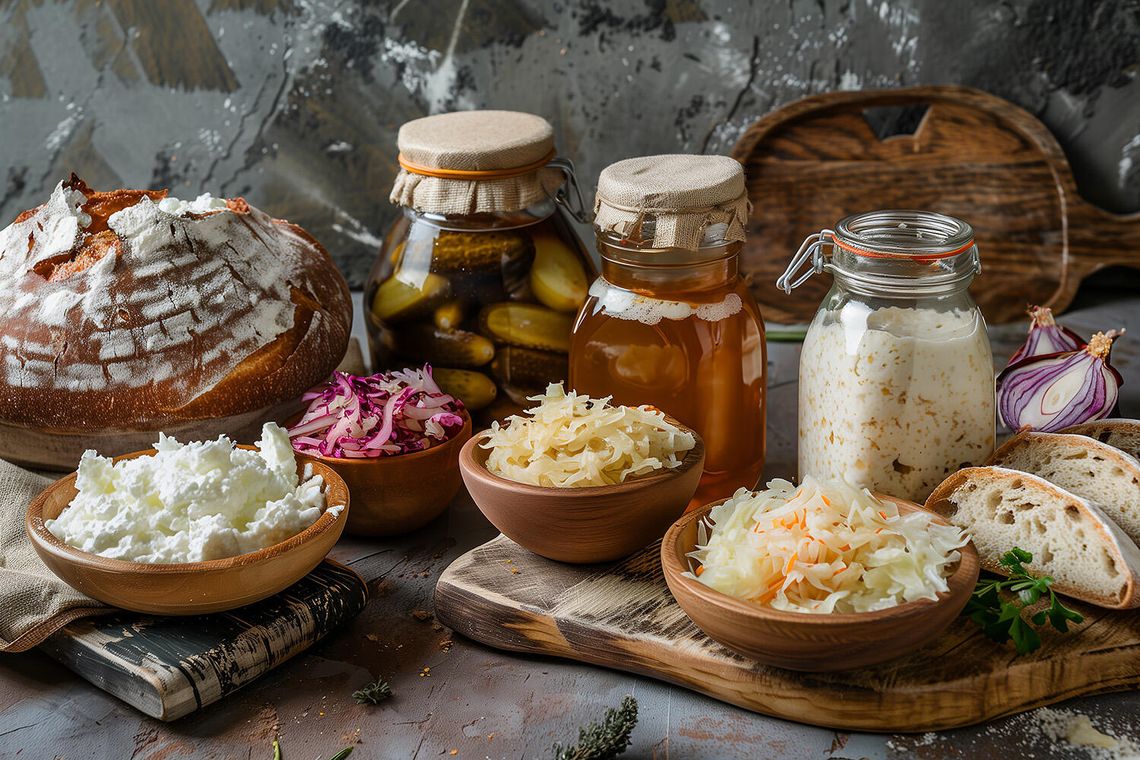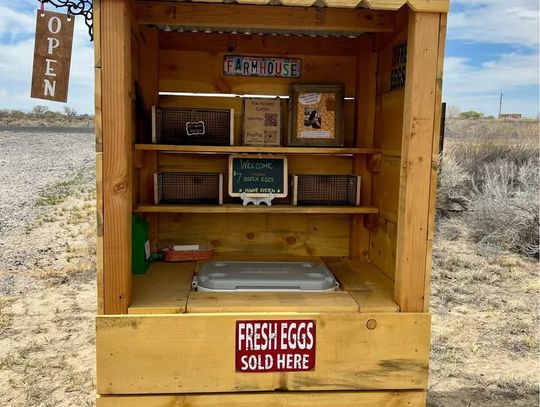Supporters say AB 352 would unlock rural entrepreneurship; health districts push back on safety, enforcement
A bill to modernize and expand Nevada’s cottage food laws drew strong support—and pointed opposition—during a hearing last week before the Assembly Committee on Health and Human Services.
Assembly Bill 352, sponsored by Assemblymember Natha Anderson, proposes increasing the current gross sales cap on cottage food businesses from $35,000 to $100,000. The bill also includes provisions to legalize small-batch “cottage cosmetics” under updated federal guidelines, allow up to four farm-to-fork events per month without requiring a commercial kitchen license, and consolidate oversight under the Nevada Department of Agriculture.
“This is our opportunity to help others realize their full potential,” Anderson told the committee. “Nevada’s current law is holding entrepreneurs back. The 2013 law was a heavy lift, but it’s time we update it to support small and home-based businesses.”
Currently, if a home-based food producer exceeds $35,000 in gross sales, they must shift to a commercial kitchen, undergo inspections, and acquire more intensive licensure. Anderson said the $100,000 cap was a midpoint based on comparisons with other states.
Supporters of the bill argued that AB 352 would unlock opportunity, particularly for rural Nevadans, stay-at-home parents, and small agricultural producers looking to diversify.
“We work with farmers and food business owners around the state,” said Kelli Kelly, a rural entrepreneur advisor. “Many want to start small—selling salves, lotion bars, shampoo bars, sourdough bread, or hosting farm dinners—but the regulatory burden has made it nearly impossible. This bill would change that.”
Kelly highlighted how allowing cottage cosmetics would enable producers to use farm-grown botanicals like lavender and beeswax in new value-added products.
“Increasing the gross sales cap, allowing more delivery options, and expanding permitted product types will enable more Nevadans to build sustainable businesses from home,” she said.
“If I was making $100,000 worth of sourdough bread in my kitchen,” Kelly added, “I’d be pulling my hair out and ready for a commercial facility. This threshold makes sense—it supports growth until the infrastructure demands a bigger move.”
The bill also received support from the Nevada Farm Bureau, the Food Bank of Northern Nevada, the Retail Association of Nevada, and individual producers from across the state. Supporters cited the bill’s potential to reduce food deserts, foster economic development, and streamline oversight, which is currently split between multiple agencies.
However, several of the state’s local health authorities voiced opposition, raising public health and enforcement concerns. Amber English, Environmental Health Supervisor for Northern Nevada Public Health, warned that “home kitchens are not equipped to ensure safeguards” for acidified and fermented foods like pickles and hot sauces—products that can carry a risk of botulism if mishandled.
Maria Menjivar, Deputy Administrator for the Central Nevada Health District, opposed shifting regulatory control to the state. “Local governments have a better understanding of their communities,” she said, cautioning that enforcement at farmers markets and community events could become fragmented if the state took over registrations while local agencies retained inspection duties.
The Nevada Department of Agriculture testified in a neutral position but stated they are prepared to implement the expanded program. Director J.J. Goicoechea told the committee the agency already oversees dairy and meat inspection statewide and has environmental scientists in both urban and rural regions.
Under current law, Nevada has one of the lowest cottage food revenue caps in the country. Forty-four states allow direct home delivery of cottage foods. At least 37 permit the sale of acidified foods like salsa and sauerkraut, and 11 states—including Utah and Oregon—allow cottage cosmetics under a federal small-business exemption enacted in 2022.
Stakeholders on both sides said they are open to amendments clarifying roles and responsibilities. The committee is expected to make changes and vote on the measure in the coming weeks.
.png)









Comment
Comments